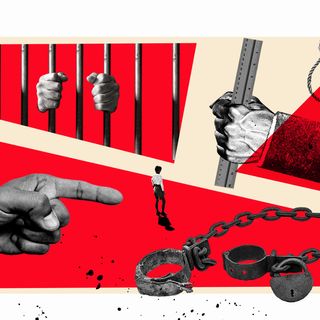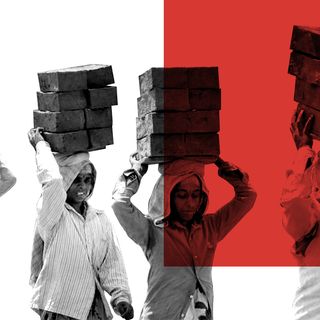The Network of Women in Media, India (NWMI), along with more than 25 prominent academicians and activists have written an open letter expressing concern about the “rising trend of powerful men seeking gag orders on the media in sexual assault and harassment cases.”
Published on NWMI’s website, the letter criticizes a host of cases: from 2014, when a gag order was issued on the coverage of a legal intern’s sexual harassment complaint against a former Supreme Court judge, to “the latest instance” in 2020 when the accused, who happens to be “a reigning superstar of Malayalam cinema,” obtained a gag order preventing the media from covering a case of abduction and rape in a moving vehicle in Kerala, for which he is being tried as the “prime conspirator.” He also went on to sue 10 media houses for violating the gag order. “This pattern of seeking gag orders against reportage in such cases by the accused has now become a trend,” the letter notes.
Calling these gag orders “harmful to survivors” and beneficial to the “accused in our patriarchal society,” the letter expresses solidarity with survivors of sexual assault and harassment, stating: “While prioritizing the privacy and dignity of survivors above all else, we believe that responsible reporting of broad facts in rape trials is in the interests of justice.”
Related on The Swaddle:
India’s Sexual Harassment Law Has Failed 94% of Working Women: Report
According to the letter, despite the “prevalence of patriarchy in Indian society,” what has “helped sensitize and exert pressure on governments and the police to act against perpetrators of sexual assault and harassment,” is responsible media coverage. “We believe this is why powerful accused are increasingly trying to suppress the social media and news media, in a scenario where most systems are already weighted heavily in their favor,” the letter states, attempting to decode the trend of gag orders.
Arguing that “there can be no public opinion if there is no information in the public realm,” the letter states that the country’s legal system allows “limited media coverage of in-camera rape trials with the previous permission of the Court.” So, responsible and sensitive media coverage of basic facts like “witnesses not turning up, witnesses retracting previous statements, [and] hostile behavior of the accused against the survivor” should be allowed out of public interest and in the “interests of the victim/survivor.”
The letter also appeals to media houses to challenge in court gag orders, defamation suits, or any other petitions seeking to silence them. “We urge media houses to continue to report vigilantly and responsibly as they have in such cases, without succumbing to fear or intimidatory tactics. Justice, as we all know, must be done but it must also be seen to be done, in as transparent a manner as possible,” the letter notes.




